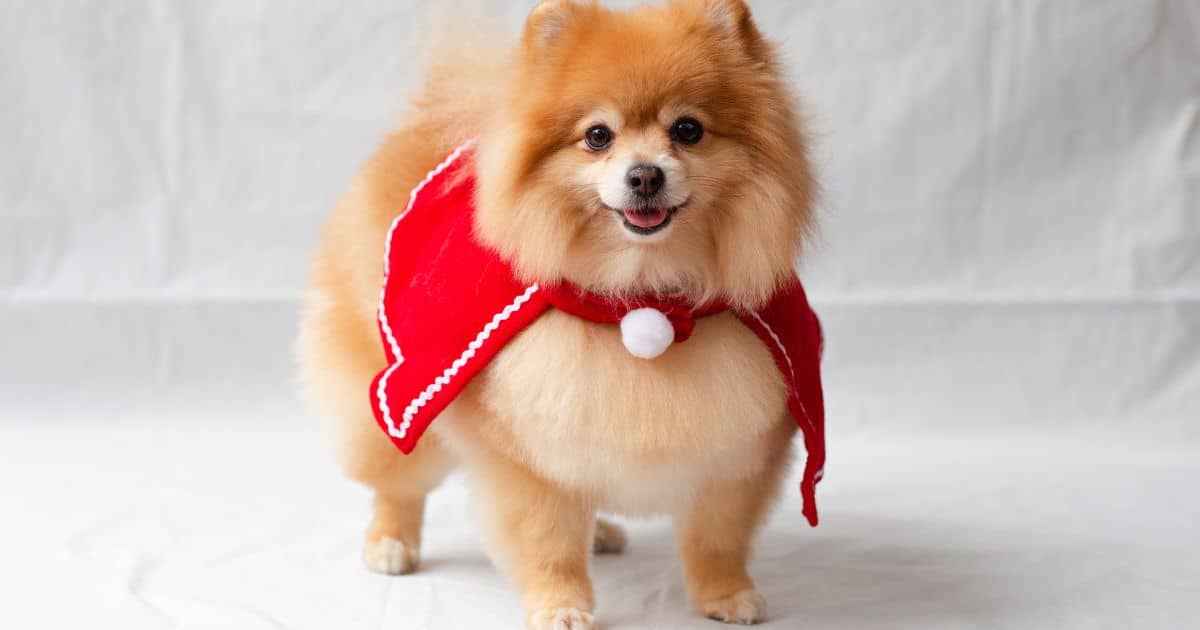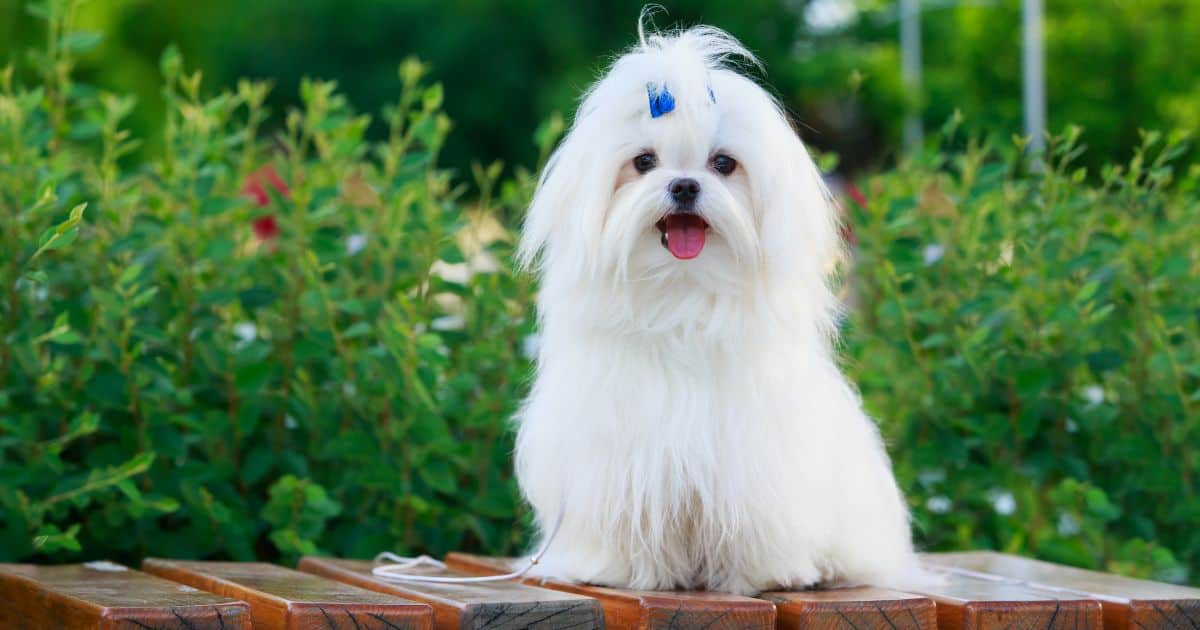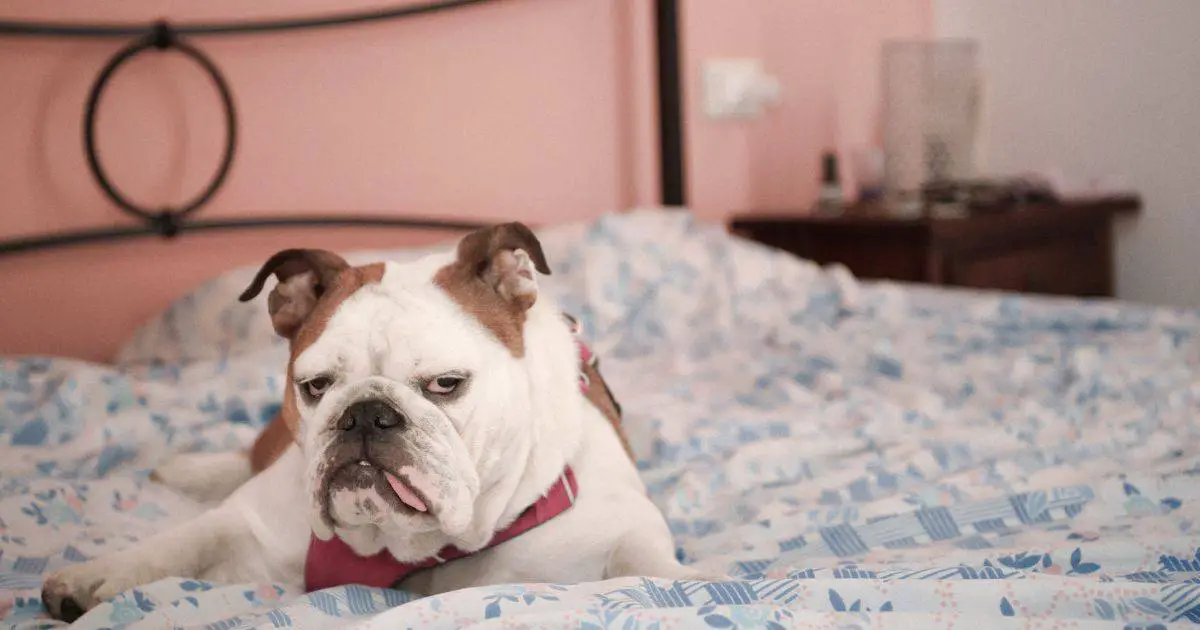Table of Contents
Bichon Frise is a popular dog breed known for its cute and fluffy appearance. If you’re thinking of getting a Bichon Frise, you may wonder what makes them so special. From their history and origin to their temperament and behavior, there are many things that set Bichon Frise apart from other dog breeds.
One of the most distinctive features of Bichon Frise is their playful and affectionate personality. They love to play and interact with their owners, making them great pets for families with children. Additionally, Bichon Frise is a non-shedding breed, which makes them an excellent choice for people with allergies.
Another factor that makes Bichon Frise special is their grooming needs. Their fluffy coat requires regular grooming to keep it clean and tangle-free. However, this also means that they make excellent lap dogs and cuddle buddies. Overall, Bichon Frise is a charming and endearing breed that brings joy and companionship to their owners.
Key Takeaways
- Bichon Frise is a playful and affectionate breed that makes an excellent pet for families with children.
- They are non-shedding, making them a great choice for people with allergies.
- Bichon Frise requires regular grooming but makes an excellent lap dog and cuddle buddy.
What is special about Bichon Frise?
The Bichon Frise is a small breed of dog that is known for its fluffy white fur and charming personality. But where did this breed come from?
The history of the Bichon Frise can be traced back to the Mediterranean, where it was a popular pet among European nobles. The breed was particularly popular in France, where it was often seen in the courts of King Francis I and King Henry III.
During the French Revolution, many of the nobles who owned Bichon Frises fled the country, and the breed almost went extinct. However, a few of these dogs were saved and brought to Tenerife in the Canary Islands, where they were bred with local dogs to create a new breed known as the Bichon Tenerife.
In the 20th century, the Bichon Tenerife was brought to France, where it was further developed into the Bichon Frise that we know today. The breed was officially recognized by the American Kennel Club in 1972, and has since become a popular pet in America and around the world.
Today, the Bichon Frise is known for its friendly and affectionate personality, as well as its hypoallergenic coat, which makes it a popular choice for people with allergies. The breed has also had some notable achievements, including winning Best in Show at the Westminster Kennel Club Dog Show in 2001 and 2018.
Overall, the history and origin of the Bichon Frise is a fascinating story that spans centuries and continents. From its origins in the courts of European nobles to its popularity as a beloved family pet today, the Bichon Frise has a rich and storied history that is sure to delight dog lovers everywhere.
Physical Characteristics and Appearance
The Bichon Frise is a small breed of dog that typically weighs between 10 and 18 pounds and stands about 9 to 11 inches tall at the withers. This breed has a distinctive fluffy, curly coat that is typically white, although some Bichons may have cream, apricot, or gray fur.
One of the most notable physical characteristics of the Bichon Frise is its tail, which is typically carried high and curls over the dog’s back. The breed has a compact, square body, with a short, sturdy neck and a pair of expressive, dark eyes that give it a friendly and intelligent appearance.
Bichon Frises have a distinctive canine gait, with a springy, lively step that is both graceful and playful. They have short, straight legs that end in small, round feet with black pads.
The Bichon Frise’s fluffy coat is one of its most distinctive features, and it requires regular grooming to keep it looking its best. The coat is composed of a dense undercoat and a curly topcoat, which gives it a soft, plush texture. The breed’s coat is hypoallergenic, making it a popular choice for people with allergies.
In summary, the Bichon Frise is a small breed of dog with a distinctive fluffy, curly coat and a friendly, intelligent appearance. Its square, compact body and distinctive gait make it a unique and charming companion for those looking for a small, lively dog with a lot of personality.
Bichon Frise Temperament and Behavior
If you’re looking for a dog that’s affectionate, sociable, and intelligent, the Bichon Frise might be the perfect breed for you. These charming lapdogs are known for their friendly and outgoing personalities, making them great companions for people of all ages.
However, as with any breed, it’s important to understand the Bichon Frise temperament and behavior before bringing one into your home. Here are some key things to keep in mind:
Training and Socialization
Bichon Frises are smart dogs who love to learn, so training them can be a lot of fun. However, they can also be sensitive, so it’s important to use positive reinforcement techniques and avoid harsh punishments.
Socialization is also crucial for Bichon Frises. They love people and other dogs, but they can be prone to separation anxiety if they’re not used to being alone. Early socialization can help prevent this.
Barking and Watchdog Behavior
Bichon Frises are generally friendly and not very territorial, so they’re not the best choice if you’re looking for a guard dog. However, they can be quite vocal and tend to bark a lot, so it’s important to train them to control their barking.
Behavioral Issues
Like any breed, Bichon Frises can develop behavioral issues if they’re not properly trained and socialized. Common issues include housebreaking problems, excessive barking, and separation anxiety.
Good with Other Pets
Bichon Frises are generally good with other pets, including cats and other dogs. However, as with any breed, it’s important to introduce them slowly and supervise their interactions.
Overall, the Bichon Frise is a smart, adaptable, and affectionate breed that can make a great addition to any family. With proper training and socialization, they’re sure to become a beloved companion for years to come.
Health and Grooming Needs
As with most breeds, Bichon Frises have specific health and grooming needs that owners should be aware of. Here are some important things to keep in mind:
Hypoallergenic
Bichon Frises are often considered a hypoallergenic breed, which means they produce fewer allergens than other dogs. However, it’s important to note that no dog is completely hypoallergenic. If you or someone in your household has allergies, it’s a good idea to spend some time around Bichon Frises before committing to owning one.
Grooming
Bichon Frises have a thick, curly coat that requires regular grooming to keep it healthy and tangle-free. This includes regular brushing, bathing, and trimming. Many owners choose to take their Bichon Frises to a professional groomer every few months to keep their coat looking its best.
Health Issues
Like all breeds, Bichon Frises are prone to certain health issues. Some of the most common health issues in Bichon Frises include cataracts, diabetes, bladder stones, ear infections, heart disease, autoimmune hemolytic anemia, and immune-mediated thrombocytopenia. Regular checkups with a veterinarian can help catch these issues early and ensure your Bichon Frise stays healthy.
Crate Training
Crate training can be helpful for Bichon Frises, especially when it comes to potty training. However, it’s important to make sure the crate is the right size for your dog and that they have plenty of opportunities to exercise and play outside of the crate.
Coat Care
In addition to regular grooming, Bichon Frises may also benefit from supplements or special shampoos to keep their coat healthy. Talk to your veterinarian about what products may be best for your dog.
Feeding
Bichon Frises have a small, delicate digestive system and may be prone to digestive issues. It’s important to feed them high-quality dog food that is appropriate for their age and size. Avoid feeding them table scraps or human food, which can upset their stomach.
Overall, Bichon Frises are a wonderful breed with a lot of love to give. By taking care of their health and grooming needs, you can ensure that your Bichon Frise stays happy and healthy for years to come.
Adoption and Rescue Organizations
If you’re interested in rescuing a Bichon Frise, there are several organizations that specialize in the breed. These rescue organizations help dogs find new homes and provide support to new owners.
One great option is the Bichon Frise Club of America Rescue. This organization has a network of volunteers across the country who work to rescue and rehome Bichon Frises. They also provide education and support to new owners.
Another option is the Bichon Rescue Brigade. This organization rescues Bichon Frises from shelters and other situations and places them in foster homes until they can find permanent homes. They also provide medical care and other support to the dogs they rescue.
If you’re interested in adopting a senior dog, there are also organizations that specialize in rescuing and rehoming older dogs. The Senior Dogs Project is one such organization. They work to find new homes for older dogs and provide support to new owners.
Rescuing a Bichon Frise can be a rewarding experience, but it’s important to be prepared for the challenges that come with it. Make sure you have the time, resources, and patience to care for a rescued dog. Don’t forget to consider the many benefits of adopting a rescued dog, including the satisfaction of knowing you’ve given a dog a second chance at a happy life.
Training and Exercise Needs
Bichon Frises are intelligent dogs that are easy to train. They are eager to please their owners and enjoy learning new tricks. Positive reinforcement training methods work best for Bichons, as they respond well to praise and treats.
It is important to start training your Bichon early, as they can be difficult to housebreak. Consistency and patience are key when training a Bichon Frise.
In terms of exercise needs, Bichon Frises are relatively low maintenance. They require a daily walk and some playtime, but they do not need extensive exercise. However, it is important to keep your Bichon at a healthy weight, as they are prone to obesity.
Bichon Frises are well-suited for apartment living, as they do not need a lot of space to exercise. They are also great therapy dogs, as they are friendly and affectionate.
It is important to note that Bichon Frises are not the same as Havanese or Teacup Bichon Frises, despite their similar appearance. Additionally, while Bichon Frises share some traits with Shih Tzus, they are their own distinct breed.
Overall, Bichon Frises make wonderful pets for families and individuals alike. With proper training and exercise, they can thrive in any living situation.
FAQs
What are some interesting facts about Bichon Frise?
Bichon Frises are hypoallergenic dogs that don’t shed much, which makes them a great pet option for people with allergies. They’re also known for their curly, fluffy white coats that require regular grooming to keep them looking their best. Bichon Frises are very social and love to be around people, making them great companions.
What are the advantages of owning a Bichon Frise?
Bichon Frises are small dogs that don’t require a lot of space, making them great pets for apartment dwellers. They’re also very adaptable and can easily adjust to different living situations. Bichon Frises are intelligent and easy to train, making them a great choice for first-time dog owners. They’re also very affectionate and make great family pets.
What is the temperament of a Bichon Frise like?
Bichon Frises are known for their friendly, outgoing personalities. They’re very social and love to be around people, making them great companions. They’re also very playful and energetic, which makes them great pets for families with children. Bichon Frises are very intelligent and easy to train, making them a great choice for first-time dog owners.
How long does Bichon Frises typically live?
Bichon Frises typically live between 12 and 15 years, which is longer than many other small dog breeds. However, like all dogs, their lifespan can be affected by factors such as diet, exercise, and genetics.
What is the average size and weight of a Bichon Frise?
Bichon Frises are small dogs that typically weigh between 10 and 18 pounds and stand between 9 and 11 inches tall at the shoulder. They have a sturdy, compact build and are known for their curly, fluffy white coats.
What breeds make up the Bichon Frise?
The Bichon Frise is a breed that originated in the Mediterranean region. It’s believed that the breed is descended from the Barbet, a water spaniel, and was later crossed with the Poodle to create the Bichon Frise that we know today.




Leave a Reply
You must be logged in to post a comment.